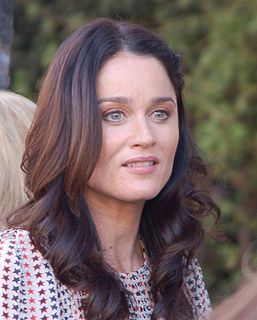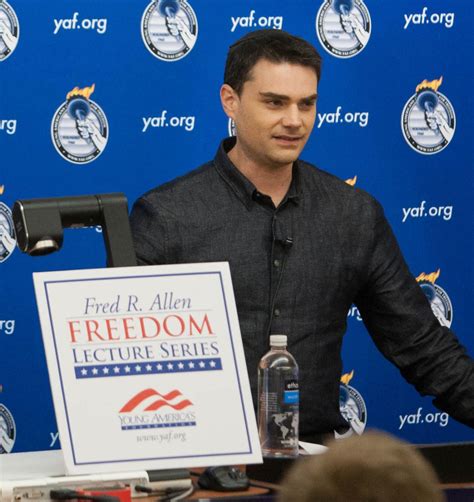A Quote by Alexis Denisof
I think with the smaller-scale projects, the burden for success falls more squarely on the shoulders of the actors and the director and the script.
Related Quotes
Your actors need to trust you as a director, but normally, I think you just need to have an open communication between the actors and the director. I think the director needs to really paint his or her vision to the cast and let them know the kind of mood that he or she is making. I think that's very important.
Being a director it's mean - digging deep in yourself as well. I think the deeper I understood the material and the script and the themes and the characters, I felt the more confident I was and the more I could bring to the movie. So I was lucky to have my actors because they were right there with me in the deep end.
With a good script a good director can produce a masterpiece; with the same script a mediocre director can make a passable film. But with a bad script even a good director can’t possibly make a good film. For truly cinematic expression, the camera and the microphone must be able to cross both fire and water. That is what makes a real movie. The script must be something that has the power to do this.
Actors, I think, are all the same. Both Korean actors and American actors are all very sensitive people, and they are all curious to know what the director thinks of them and how they are evaluated, and they try to satisfy the director. And they like it if you listen carefully to their opinions and accept them.
As a director you already have a script, you have actors... you have collaborators when you're a director. When you're writing there's no one to collaborate with, there's no material to look at. I haven't adapted something yet, so, I'm sure that would be helpful. When you're writing an original piece you have nothing.
Despite its potential, the federal government has restricted funding for creating new cell lines - putting the burden of any future research squarely on the shoulders of the private sector. Government's most basic responsibility, however, is the health and welfare of its people, so it has a duty to encourage appropriate scientific investigations that could possibly save the lives of millions.



































